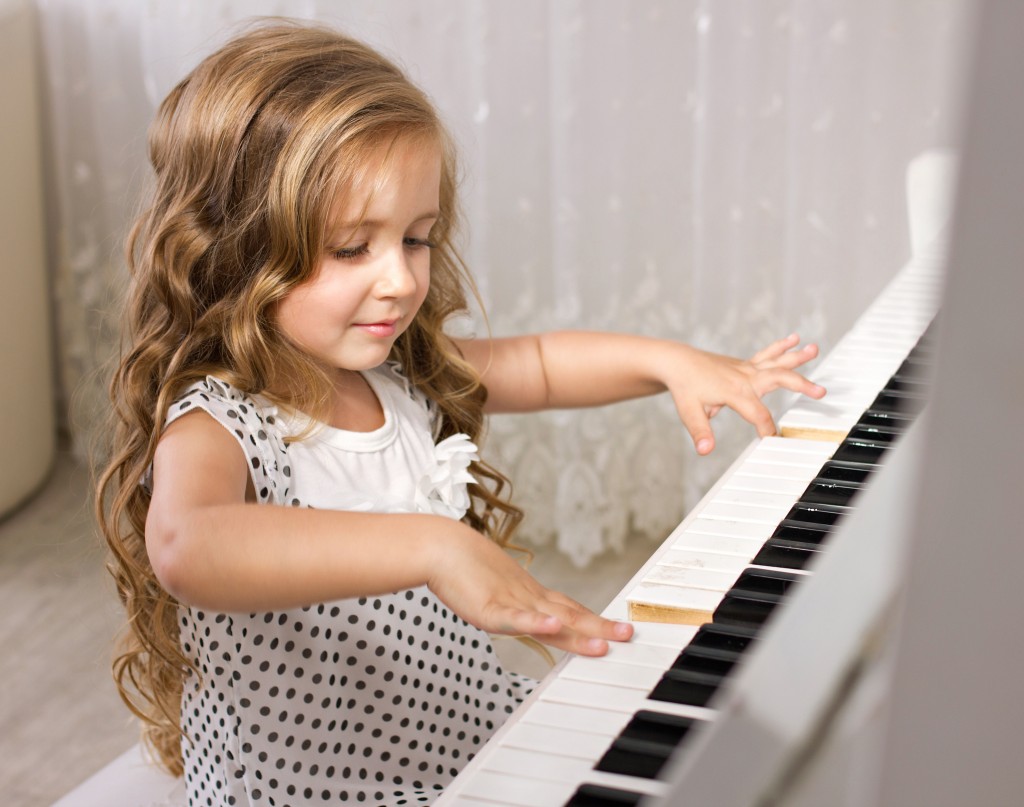Everyone enjoys music, and it’s safe to say that no matter where you go, you’re bound to hear some form of a tune, hum, or rhythm flowing through the air. Likewise, music accompanies most of us in all our activities, whether going out for a morning run and popping on your workout playlist, taking a break with your colleagues to have a drink at the karaoke, or maybe even dancing it out with your friends on your console.
Music has undoubtedly engraved itself into our lives, but what we fail to realize is its impact on our personal growth and development. Indeed, you’ve held onto music when you felt sad and rocked to your favorite jam in times of triumph at least once in your life, and they’ve provided you comfort.
However, this positive impact goes beyond teens and adults and stretches down to our very roots. And today, we’ll be learning how music plays a crucial role in childhood development.
What Are The Benefits?
Before you sign off this article and call us crazy, some studies prove that exposure to music positively affects social and cognitive development. So all those scenes in the movies where you see a couple making their baby listen to Mozart through the tummy have some sound scientific reasoning backing them up. And to name a few, here are some of the benefits:
#1 Enhances Creativity
Listening to music is one thing, but playing an instrument and making your own music is a whole other level of creativity. Especially at their young age, children have a lot of things they can’t express through words but want to let the world know, and by playing with an instrument, it allows them to do just that. The music then becomes a massive part of their life early on, and it will teach your kids to use creativity when they encounter a problem.
#2 Makes Them More Sociable
Let’s face it, playing an instrument will make your child feel cooler, and being able to share their music with other kids their age will help them socialize too. Music will help bridge any gap and help them make new friends later down the road. Plus, it also helps boost their self-confidence, which is very important to nurture early.
#3 Learn Better
As mentioned earlier, music positively impacts a child’s cognitive development, which helps them learn better and makes the process easier. Music is not just listening; it incorporates all the senses while mixing in imagination. Plus, if your kid’s learning an instrument, memorization also comes into play, and all that practice helps stimulate the brain.
What Should They Learn?
Of course, you could go with the typical choices like playing the guitar or learning the piano, but those choices are far too obvious. So if you’re looking for something more unique and incorporating a bit more challenge, then here are our picks:
#1 Drums
Drums usually get a bad reputation among strict parents because they’re loud, noisy, and the sounds can be everywhere. However, if you don’t particularly care about the noise and loudness, then drums are an excellent instrument for kids to learn.
One thing that sets the drums apart from all other instruments is the level of coordination needed before you can play them properly. No one can sit down and match the beat. It takes years of practice before perfecting technique, and even more for refining it. Giving your child a headstart is something they’ll indeed thank you for later on, and it allows them to join a band!
#2 Saxophone
If you’re looking for something unique and find that your kid enjoys jazz way more than you do, then an excellent instrument for them to play is the saxophone. When it comes to being suave and coming off as a smooth operator, nothing beats the saxophone, and your kid might even become the next prominent jazz musician!
Plus, saxophones have a lot of versatility. They get the chance to join marching bands, jazz groups, and even rock solo if they wanted to. And for the cherry on top, nothing beats the sound of the saxophone when it comes to relaxation, so it’s a great way to unwind from a busy day.
#3 Violin
One of the pinnacle instruments of classical music goes to the violin, and not only for the sweet sounds it can echo in an auditorium but also the sheer difficulty of learning how to play one exquisitely. Of course, choosing this instrument for your kid will be challenging, but when they discover their talent for playing, it’s hard to go back on it.
From classical pieces to freestyling, there is so much to learn and available for them to explore. And with the right guidance, their passion for the violin could become a career if they choose to do so.
Don’t Force It
Above all, if you decide to let your kid learn an instrument, always remember that you’re not doing this for yourself, so don’t force them. Learning an instrument should be a fun adventure, and whether they’re taking piano classes or jamming with their teacher, your role as a parent should be to encourage them.
So try your best not to be strict and just enjoy the ride!

